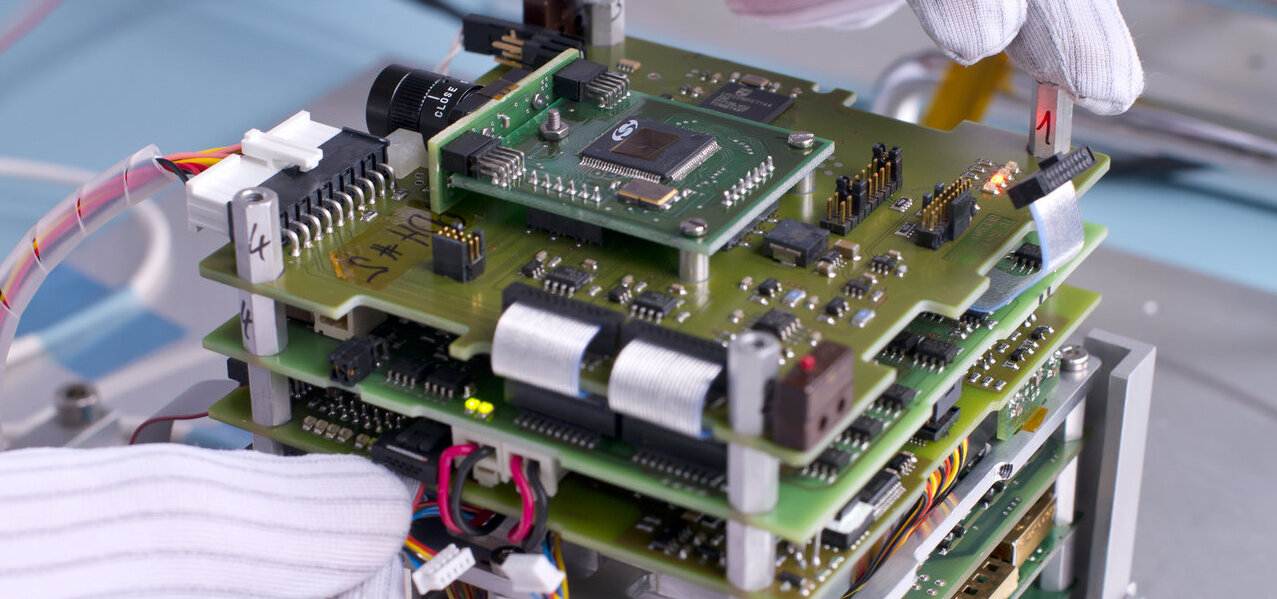Fakultät V – Verkehrs- und Maschinensysteme
Wissenschaftliche Aussprachen
Standort
Kontakt
Fakultäts-Service-Center
| Sekretariat | H 11 |
|---|---|
| Gebäude | Hauptgebäude, 8. OG |
| Adresse | Straße des 17. Juni 135 10623 Berlin |
 © Ulrich Dahl - Technische Universitaet Berlin
© Ulrich Dahl - Technische Universitaet Berlin
Fakultäts-Service-Center
| Sekretariat | H 11 |
|---|---|
| Gebäude | Hauptgebäude, 8. OG |
| Adresse | Straße des 17. Juni 135 10623 Berlin |